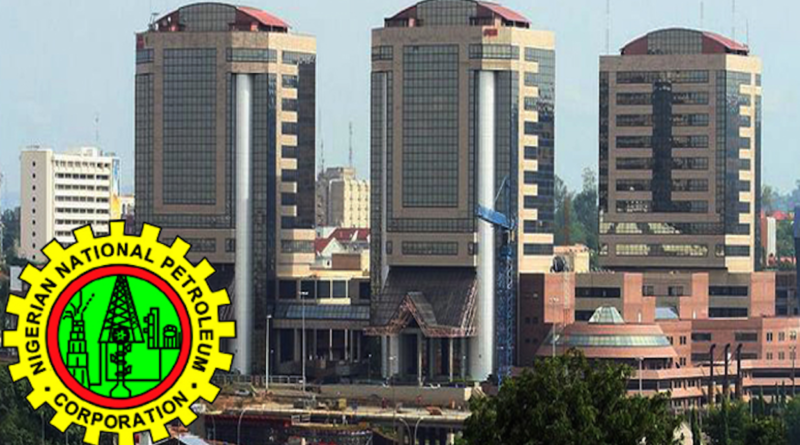NNPCL Raises Petrol Prices Rates in Lagos And FCT
The Nigerian National Petroleum Company Limited (NNPCL) has announced a rise in petrol prices. In the Federal Capital Territory (FCT), the price has gone up from N965 to N990 per litre. Meanwhile, in Lagos, the price increased from N925 to N960 per litre. This change comes even as crude oil prices have slightly decreased.
Reports from various petrol stations confirmed that the new prices are now in effect. The increase of N20, or about 2.1%, is above the N970 price set by the Dangote refinery and some other petrol stations. This adjustment reflects the current market conditions and follows the deregulation policy in Nigeria’s oil sector, which allows petrol prices to change based on supply and demand.
This price hike follows a recent shift in the fuel market, particularly with the Dangote refinery starting its operations. The refinery is expected to significantly change how fuel is supplied in Nigeria. Just a few days earlier, petrol prices had surged to between N1,050 and N1,150 per litre due to another increase by the Dangote refinery and various depot owners.
The Dangote refinery, a major player in the oil market, raised its petrol price from N899 to N955 at its loading station. According to dealers, petrol prices are likely to keep rising since crude oil prices have been climbing.
At a petrol station near the airport, reporters found that the price had increased to N990 per litre from N965 just the day before. Another station was selling petrol at N970 but was not serving customers when checked. Yet another station was still offering petrol at the old price of N965 per litre.
In addition to NNPCL, other major and independent petrol stations have raised prices, with some charging as much as N1,030 per litre. Stations along Airport Road and in the Central Area of Abuja have adjusted their prices to between N990 and N1,030 per litre. This marks an increase of N60 or about 6.18%, from the previous week.
Experts believe that these pricing changes are indicative of the ongoing adjustments in Nigeria’s energy policies, which are becoming more aligned with global market trends. As consumers adapt to these new prices, further changes in petrol pricing are anticipated.
See Also: “Why Telecom Prices Are Up”: Minister of Communication
A source from a private depot mentioned that loading operations had started fully, allowing bulk marketers to fill up their tanks at the Dangote refinery. Petrol prices at depots have risen between N965 and N975 per litre, but at filling stations, prices are often over N1,000 in Lagos. In some areas, prices have even reached N1,100.
Olatide Jeremiah, an oil and gas expert, commented that the changes in refinery, depot, and pump prices reflect market forces and confirm that the petroleum sector is being deregulated. He noted that this price increase is likely temporary and is influenced by recent actions, like former President Biden’s sanctions on Russian oil companies.
As of Monday, Brent crude oil prices fell to $79.98 per barrel, but after a recent inauguration, they rose slightly to $80.05. The fluctuations in crude oil prices are important factors affecting petrol prices in Nigeria.
In Lagos, many NNPCL stations were selling petrol at N925 per litre until the price was raised in the afternoon. Customers expressed frustration, noting long lines when prices were lower but disappearing quickly once the increase was announced. Other filling stations in the area are selling petrol at various rates, ranging from N960 to N1,000.
As the situation evolves, many are watching carefully to see how these price changes will impact consumers and the broader economy in Nigeria.
Content Credit| Kemi Arowolo
Picture Credit | https://www.premiumtimesng.com/




